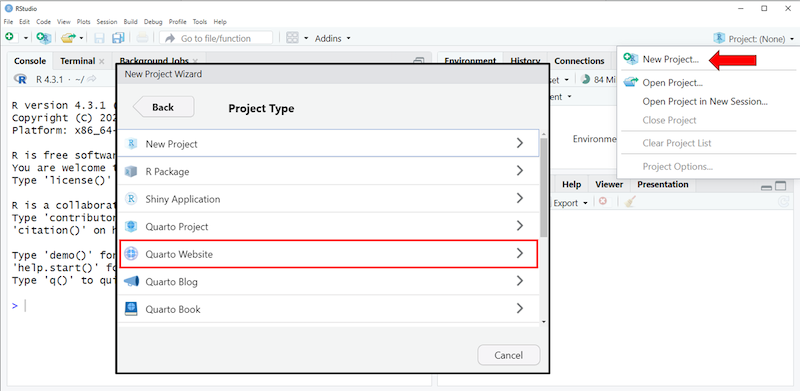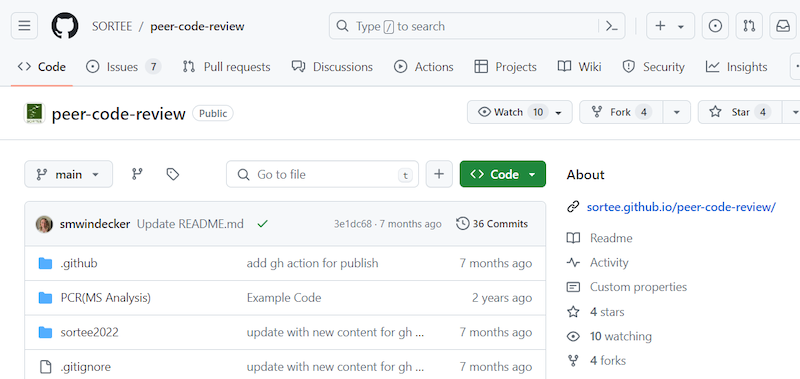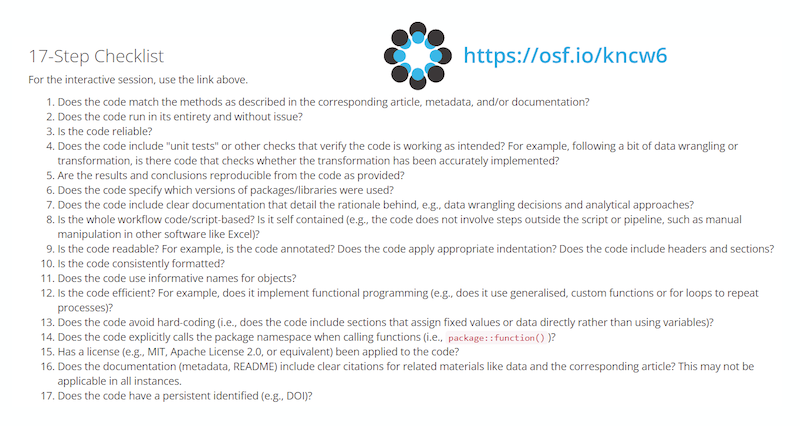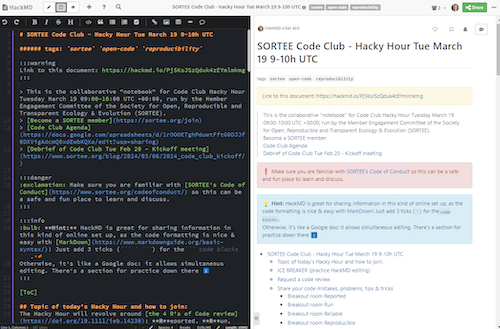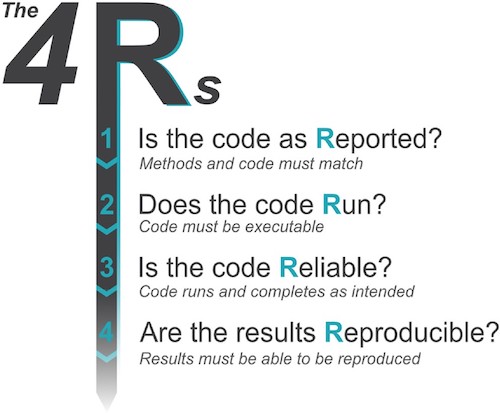Debrief of SORTEE Code Club: Workshop “Code your own website” - Tuesday June 18
In June’s Code Club session, Steffi LaZerte hosted a workshop on how to code our own website. By walking participants through the code underlying her own website, she showed us how to use Markdown and Quarto to create and host a website on GitHub.


